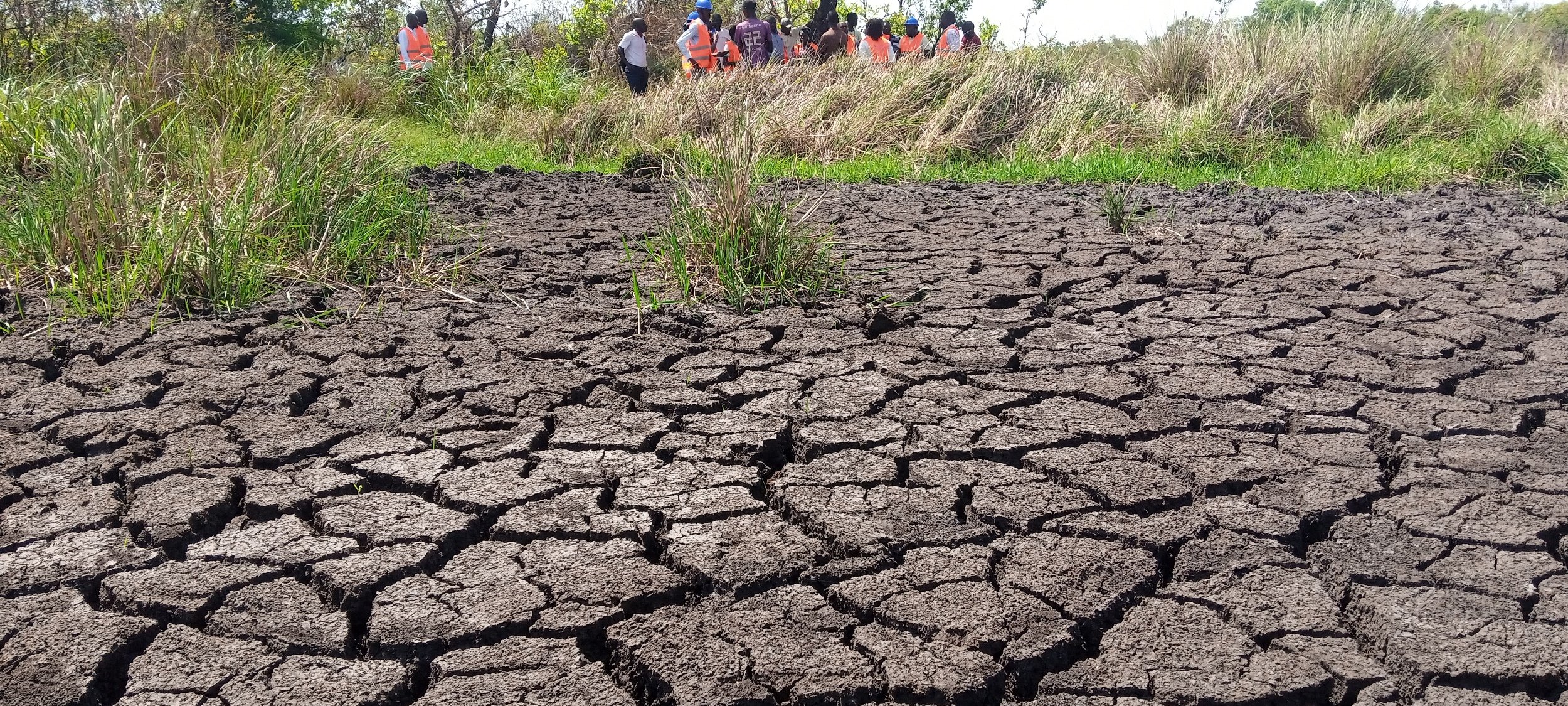Prime
These extreme weather patterns are a call to action

Judy R. Kyanda
What you need to know:
...a stark reminder of the urgent need to address climate change and decarbonize our environment
As the scorching heat wave that continued to blanket Uganda last week and early this week subsided and torrential rainstorms took over, it become increasingly evident that climate change is no longer a distant threat but a stark reality that is impacting our daily lives. The rising temperatures, prolonged droughts, severe rains and erratic weather patterns are all hallmarks of this global phenomenon that demands our immediate attention and action.
The current heat wave gripping Kampala is not merely an inconvenience but a sign of the urgent need to address our environmental practices. Extreme weather events like this are becoming more frequent and intense, affecting not only our comfort but also our health, agriculture, and infrastructure. Real estate, in particular, is vulnerable to the impacts of climate change, with properties at risk of damage from rising sea levels, flooding, and extreme temperatures.
In light of these challenges, it is imperative that we take proactive measures to decarbonize our environment and mitigate the impacts of climate change. This involves a collective effort from individuals, communities, businesses, and governments to reduce our carbon footprint and transition towards a more sustainable way of living.
Nearly 40 percent of global carbon dioxide emissions come from the real estate sector. Of these emissions, approximately 70 percent are produced by building operations, while the remaining 30% comes from construction. One key step towards decarbonization is increasing energy efficiency in our homes and buildings. By improving ventilation, using energy-efficient appliances, and implementing renewable energy sources like solar panels, we can reduce our reliance on fossil fuels and lower our carbon emissions. Real estate developers can also play a crucial role by constructing green buildings that are designed to minimize energy consumption and waste production.
Furthermore, reforestation and sustainable land management practices can help absorb carbon dioxide from the atmosphere and mitigate the effects of climate change. Planting trees, preserving natural habitats, and promoting green spaces in urban areas enhances biodiversity, reduces heat islands, and improves air quality, creating a more resilient environment for future generations.
But perhaps the most important aspect of combating climate change is fostering a shift in our mindset and behaviour towards sustainable living. This includes raising awareness about the impacts of our daily choices, such as transportation habits, waste disposal, and consumer behaviour. Making conscious decisions to reduce, reuse, and recycle can significantly contribute to lowering our carbon footprint and conserving precious resources.
As a real estate Professional, I understand the critical role that our industry plays in shaping the built environment and influencing our relationship with the natural world. By promoting sustainable design principles, advocating for green building standards, and encouraging eco-friendly practices, we can pave the way towards a more resilient and carbon-neutral future.
In conclusion, the current heat wave in Kampala serves as a stark reminder of the urgent need to address climate change and decarbonize our environment. By taking proactive steps to reduce our carbon footprint, promote sustainability, and raise awareness about the importance of environmental conservation, we can create a more sustainable and livable future for ourselves and generations to come. Let us all join hands in the fight against climate change and work towards a brighter, greener future for our planet.
Ms Judy Rugadsira Kyanda FRICS, is the Managing Director of Knight Frank Uganda, and a Fellow of the Royal Institution of Chartered Surveyors.




